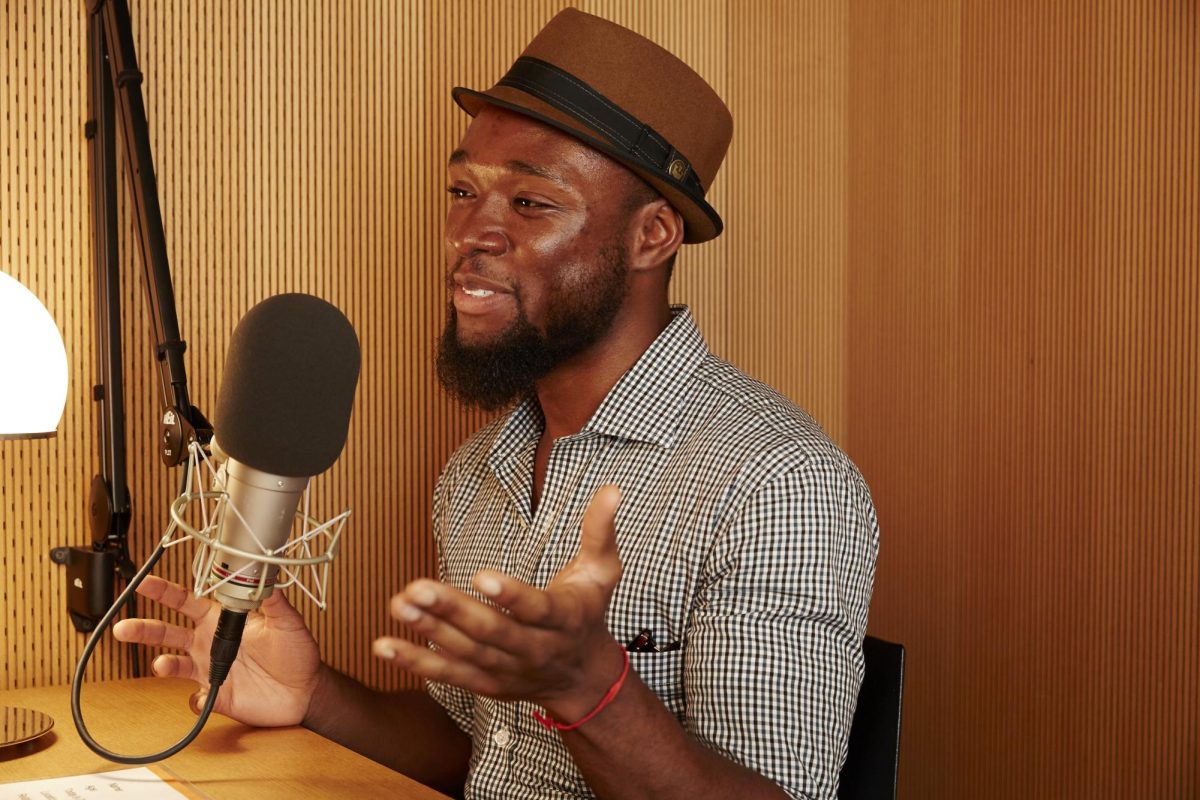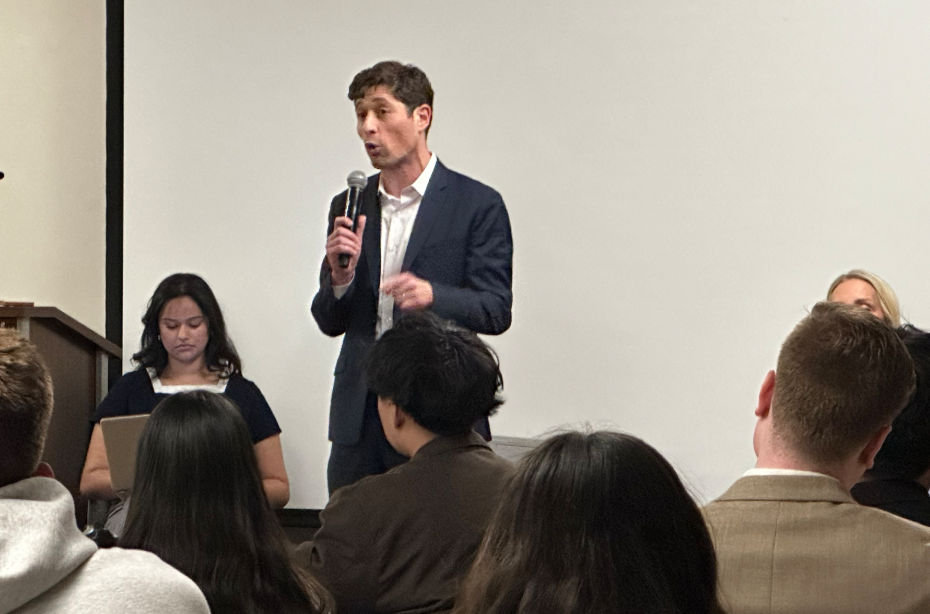University of Minnesota regents and students are wary of tuition hikes proposed for 2018.
The University’s Board of Regents discussed a probable tuition hike Thursday, which was part of University President Eric Kaler’s 2018 budget. For resident students, the tuition would increase as much as 3 percent. Future nonresident, nonreciprocity tuition would rise 10 percent — a $2,222 increase.
Returning nonresident, nonreciprocity students would see an increase of 5.5 percent.
The University has the fifth-highest resident tuition rate in the Big 10 and its second-lowest nonresident tuition rate.
For the last five years, the University increased tuition by an average of 1.4 percent a year on the Twin Cities campus.
“I’m just very concerned about doing everything we can to control tuition increases,” said Regent Kendall Powell at the meeting.
At June’s board meeting, Vice President of Finance and Operations Brian Burnett discussed alternatives to minimize the tuition increase.
Burnett said one method could be to decrease the number of administrative positions at the University and move those funds to tuition.
“For Minnesota residents, we should be doing everything we can to bring down the cost of attendance,” said Regent Darrin Rosha.
Several regents raised concerns over increasing resident tuition by 3 percent.
“We should be able to do better than that. We should be able to freeze it, and even lower it,” said Regent Michael Hsu.
It would cost about $8 billion to freeze tuition for in-state students, Hsu said, and increasing nonresident tuition is a way the University could try to close that gap.
“In my view, our in-state students have been subsidizing for our out-of-state students,” he said.
Rosha said he did not want to raise resident tuition, but was open to raising nonresident tuition.
To offset some of the increase, he said the University should explore “discounts” for the nonresidents.
“I am a strong advocate for immediately moving our nonresident rate to [the middle of the] Big 10,” Rosha said.
Erik Hillesheim, Minnesota Student Association vice president, said he opposes a tuition increase.
“A lot of students are just making ends meet with paying rent and buying books. So when it comes to any tuition increase, either in-state or out-of-state, the University is making a big mistake,” he said.
Hillesheim said the University’s low nonresident tuition give it a competitive advantage in attracting out-of-state and international students over other Big 10 schools.
The tuition increases will be finalized as part of Kaler’s 2018 budget at a meeting June 20.







